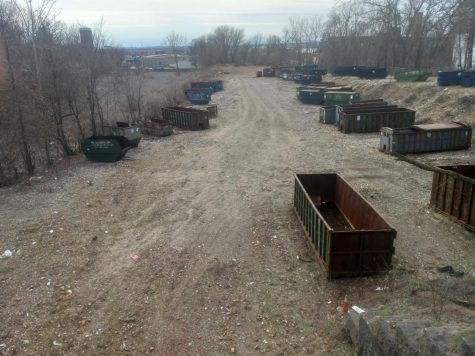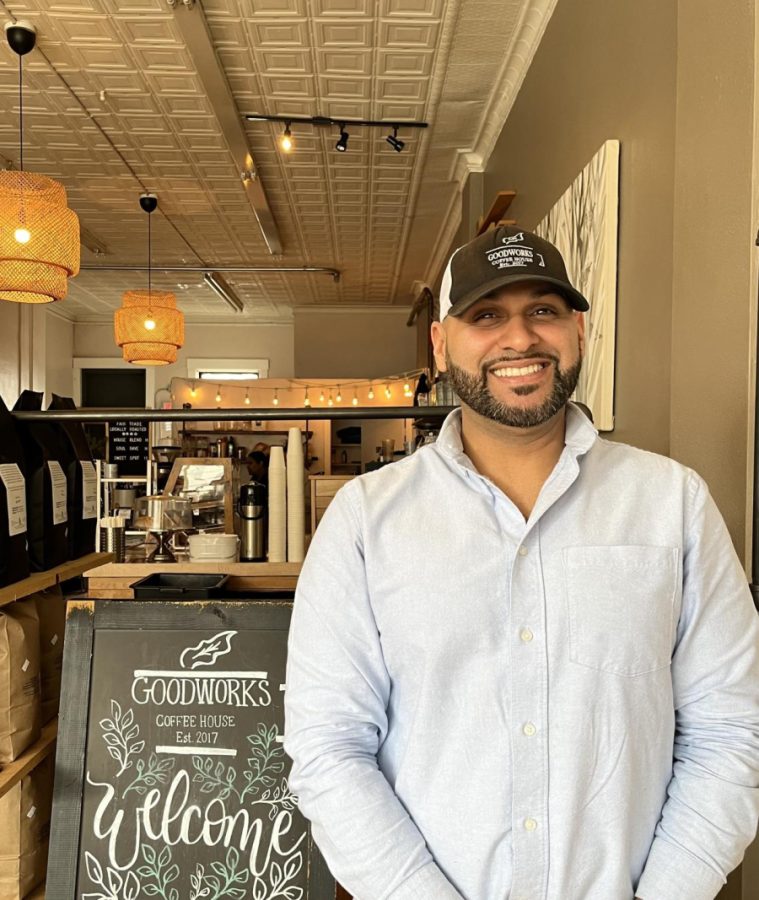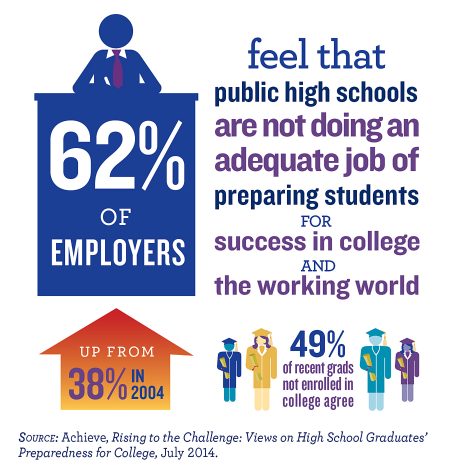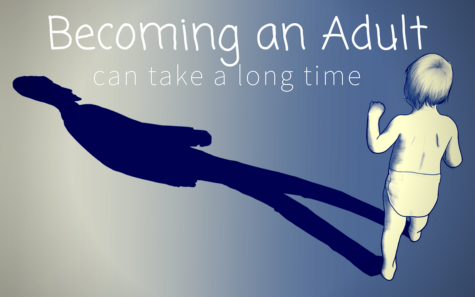Trauma-Induced Homelessness is a Problem We Need to Acknowledge
November 13, 2022

For the past six months, I have walked to and from school almost every day on the same path. For the past six months, I have walked over the same bridge and seen the same pile of empty crates spread out under it. I never paid any real attention to them. There wasn’t anything noticeably special.
For the past six months, I’ve been walking past them without knowing what was going on and without a care in the world, until I did. We have a problem with homelessness. We need to fix it.
On one of the occasions when my mother, Yahaira Alvarez, picked me up from school she told me about the time she went volunteering with a friend of hers, giving food to homeless people. People who had no homes or shelter to go to were living in and off of those crates.
The city of Springfield is crawling with hubs full of people who don’t have homes to go to after their days full of trying to make a living. According to a study by the U.S. Department of Housing and Urban Development done in 2017, the amount of homeless people in Springfield ranks second-highest in New England with almost five per 10,000 people, or 2,311 people.
This is for a variety of reasons such as job loss, eviction, and drug abuse, but this is not the root of the problem or the way we should be looking at it if we want to solve the problem.
According to a manager at Friends of the Homeless, which is a program of Clinical & Support Options, the root of the problem is the trauma that caused the individual to get there, which of course as with all of us, isn’t something that we can control.
The blame lies in our ignorant bliss to what is really going on and on the “support” system that we built as a society that is not equipped to handle the traumatic experiences which are the issues at hand.
“As human services agencies become more trauma-informed, we understand the likelihood of someone we are serving in a shelter has experienced a traumatic event or events in their life without having the ability and support to heal from the experience,” said my source at Friends of the Homeless.
My mother had not known about the situation was prior to her volunteering with her friend. She is a very sympathetic person and the look in her eyes and on her face when she was telling me about it was one of sadness and hopelessness.
“Very sad, I would never like to see anyone in that situation, least of all me or someone in my family. Really very sad,” she said.
Very sad, I would never like to see anyone in that situation, least of all me or someone in my family. Really very sad. — Yahaira Alvarez
I myself would’ve never found out about what was really going on or how dire it was if my mother hadn’t informed me of it and I began to do my own research on the subject. I was able to inform myself and went through many possible causes and solutions to the problem before I reached my current conclusion. And honestly, I feel that’s a first step we all must take.
We need to inform ourselves of what is going on around us and become more aware of how things work and the cause of them. Once we have this down, we can start making actual moves toward solving the problem. Let this article set an example and be the first step.
Now you might be wondering, why shouldn’t we just blame people for their own problems? Well if it were you, would you be ok with being blamed for something you had no control over? Trauma is a serious issue that can detrimentally impact a person later on in life.
“You tend to blame the individual in entirety for their circumstance and we know from a social justice standpoint, this is not true, and from a humane standpoint, it is not kind,” said the Friends of the Homeless manager.
I say that we strive to inform ourselves so that eventually we can move together in mass and push a change in the system that can provide shelter and other services with the resources they need to handle the trauma that has put so many people at a loss for homes and food.













